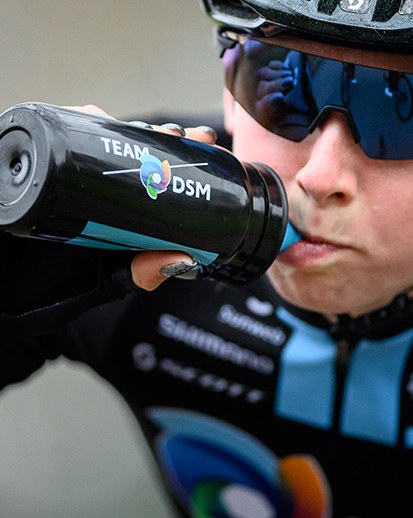Corporate Activities
Any consolidated activities that are outside the three reporting clusters are reported as Corporate Activities. These comprise operating and service activities, as well as a number of costs that cannot be allocated to the clusters. While this segment reports net sales to third parties from its service units, it normally has a negative operating result.
Corporate Activities includes various holding companies, regional holdings and corporate overheads. The most significant cost elements are corporate departments and the share-based compensation for the company.
x € million |
|
2020 |
|
2019 |
||||
|
|
|
|
|
||||
Net sales from continuing operations |
|
39 |
|
42 |
||||
Adjusted EBITDA |
|
(97) |
|
(97) |
||||
Adjusted operating profit |
|
(141) |
|
(150) |
||||
Capital expenditure |
|
34 |
|
30 |
||||
R&D operating expenditure |
|
11 |
|
131 |
||||
Workforce at 31 December (headcount) |
|
2,039 |
|
2,087 |
||||
|
||||||||
DSM Insurances
We retain a limited part of our material damage and business interruption and (product) liability risks via our captive insurance company. In 2020, the total retained damages were €1 million.
Corporate Research
The function of the Corporate Research Program (CRP) is to develop key Science & Technology competences. Falling under the responsibility of the Chief Technology Officer, the CRP typically funds competence development programs with a longer time horizon than those run by the business groups. It also focuses on competences that have a broader relevance for the company. The CRP additionally supports Science & Technology programs that are carried out with external parties and programs covering relevant new trends.
Share-based payments
Executives participate in the Long-Term Incentive (LTI) scheme. This links their compensation to the long-term interests of our company’s stakeholders. It also provides a vehicle for the attraction and retention of suitable employees. As shares / share units have become more prevalent in the market, we replaced stock options with shares / share units in 2017. This resulted in better alignment with the LTI vehicle already in place for the Managing Board and the Executive Committee. The use of shares / share units also targets yet closer alignment with the interests of our stakeholders. As a consequence of this switch, we have reduced our hedge obligations. For detailed information, see Note 27 Share-based compensation.







